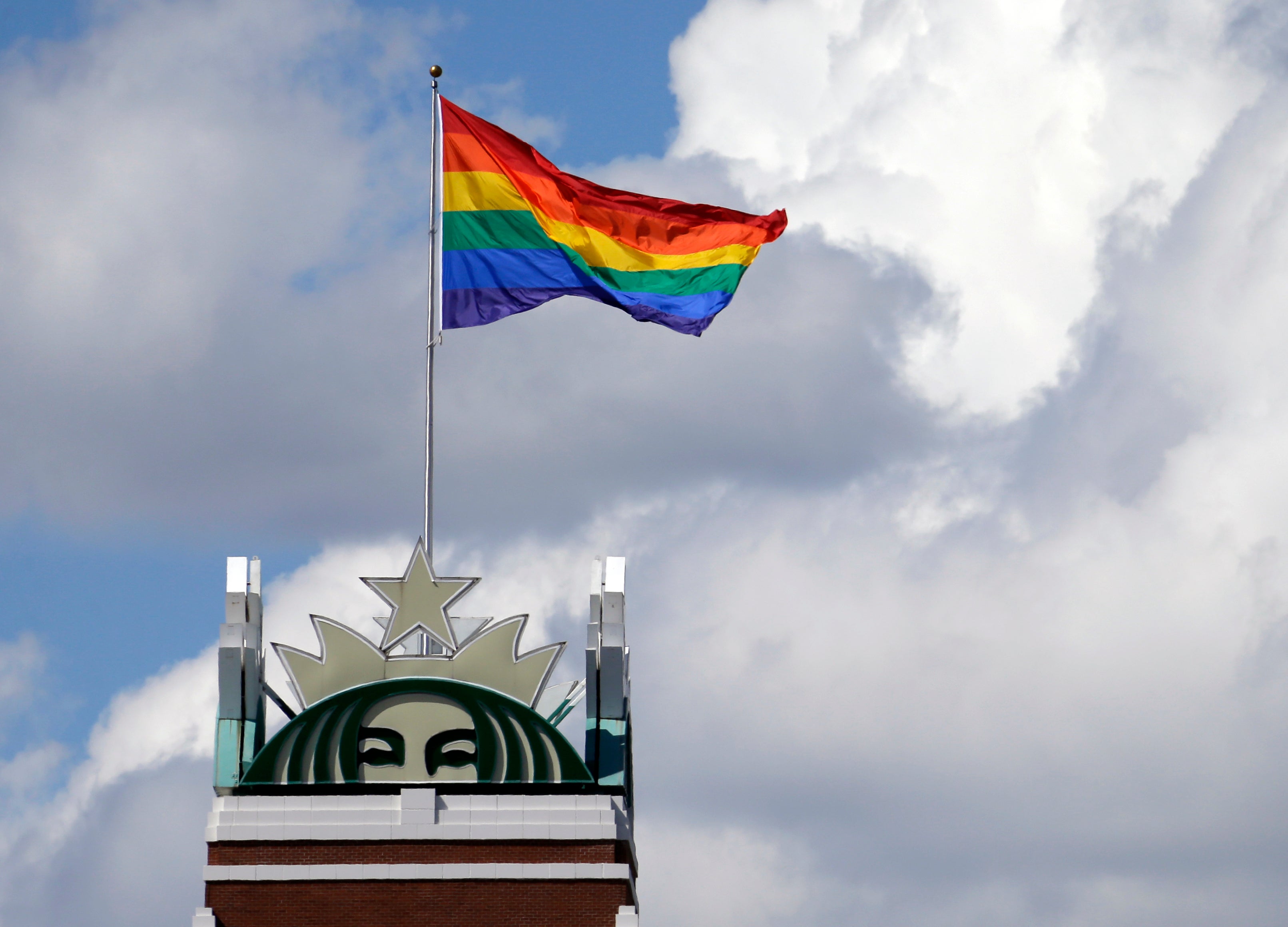Of course ‘go woke, go broke’ isn’t true – why would it be?
As a new study shows that companies which choose to be more inclusive tend to make more money, Ryan Coogan asks: why did any of us ever think otherwise?


Don’t you hate it when companies act all “woke”? When they fill all of their adverts with gay couples, or make their logo all colourful for pride month, or make James Bond a Black disabled woman?
You’d think they’d have learned by now, after their slavish devotion to the liberal agenda has put so many out of business. I mean, that’s what keeps happening, right? Isn’t that how the saying goes? “Go woke, go broke”?
Well, like most economically philosophies than can be summed up in a pithy rhyming couplet, it looks like that particular adage might not be entirely correct. A study from by Unstereotype Alliance, which analysed the marketing strategies of 392 brands across 58 countries, has found that so-called “woke” marketing provided companies with an edge when it came to consumer preferences and long-term sales figures. Those which engaged in inclusive advertising saw a 3.5 per cent boost to shorter-term sales, and a more than 16 per cent increase in the longer term.
It makes sense, when you think about it for even a second. If “go woke, go broke” was true, companies wouldn’t expend so much effort “going woke”, because their first – and really only – goal is to make money. That’s just how capitalism works. It is that devastatingly simple, and the fact that people have spent the past few years pretending otherwise makes my brain itch.
I’m genuinely starting to wonder if the phrase only caught on because it rhymed. Are we really so easily manipulated as a species? Is a catchy limerick all that stands between us and total societal collapse? Will I finally get a girlfriend if I change my Tinder bio to “date Ryan, feel fine”? Admittedly you’d have to pronounce “fine” a bit weird, but surely it’s worth a try, right? I’m desperate here.
That isn’t to say that the woke = broke hypothesis is always wrong. Gilette faced a huge public backlash for its advert calling out toxic masculinity, and Bud Light sales declined massively after partnering with transgender influencer Dylan Mulvaney. Now, is it worth pointing out that those are both brands that are primarily aimed at men, and the hysterical backlash to both proves that a pivot away from alpha male posturing is exactly what the doctor ordered in both cases? Who’s to say?
It also isn’t to say that all corporate “wokeness” is inherently a good thing. So-called “rainbow capitalism”, the term used to describe the phenomenon of companies catering to the LGBT+ community during pride month and then dropping them for the other 11 months of the year, it’s rightly derided as a cynical marketing stunt. Vulnerable and othered communities aren’t just a prop you can use to sell cookies and shaving cream – they’re deserving of respect, and if you deny them that then you don’t get to puppet them around to suit your agenda.
Of course the real confusion here lies in the fact that, at the end of the day, “woke” doesn’t really mean anything. It’s just a lazy buzzword that reactionary conservative groups can hang around the neck of any person, thing or event that they have an issue with, to prevent them from having to engage with it in any real depth. There’s a woman in the sequel to a movie you like? That’s woke. Starbucks won’t say merry Christmas anymore? You better believe that’s woke. Wife left you and took the kids because you won’t stop complaining about things being woke? Why, that’s the wokest thing of all.
Often what is labelled “wokeness” is just an attempt at inclusion, and if you’re a company selling a product then you want to include as many people as possible, so that you can sell as much product as possible. You can’t just market to straight, white men forever – you need to signal to other groups that your dishwashing tablets and Star Wars sequels and novelty hats are for them too.
Of course all of your favourite companies are going “woke” – they’re trying to get those sweet, sweet multiethnic, multigendered, multisexual, asexual, atheistic, polytheistic, polyamorous dollars. If that annoys @MagaFan0601 on Twitter, then so be it – for every one of him, there are a million normal people out there who don’t bust an artery every time they see a mixed-race couple on TV.
So no, we won’t be returning to a media and commercial landscape aimed at satisfying the whims of entitled white dudes any time soon. The strategy of “wokeness” seems to be paying dividends, and – to share another pithy adage that actually does ring true – if it ain’t broke, don’t fix it.
Join our commenting forum
Join thought-provoking conversations, follow other Independent readers and see their replies
Comments
Bookmark popover
Removed from bookmarks